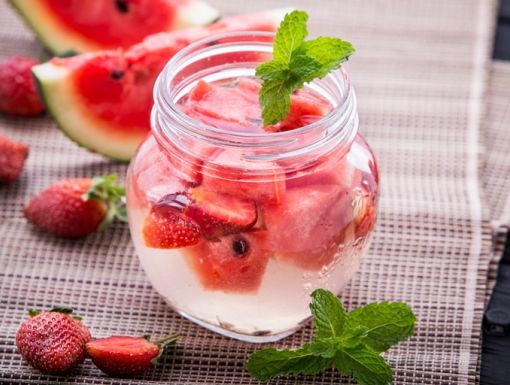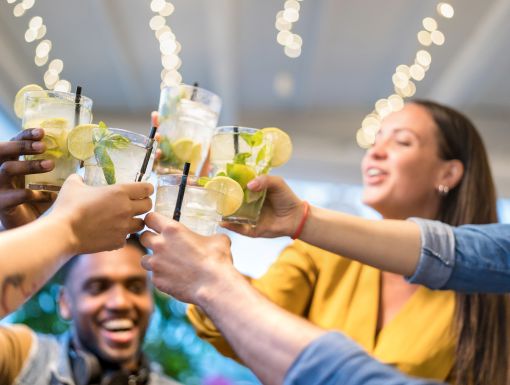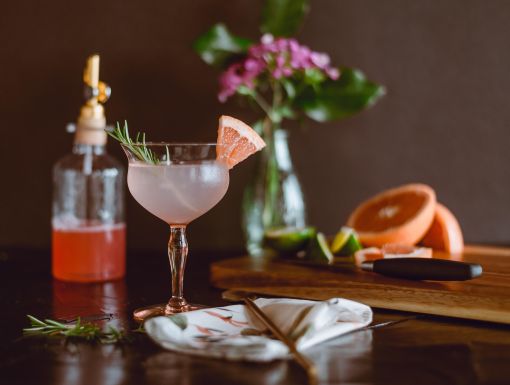
Top Health Benefits of Fasting from Alcohol
Laissez le bon temps rouler, a Cajun French phrase which translates to “Let the good times roll,” is a common utterance in the “Big Easy.” The “good times” represent many things in the Cajun culture – food, music, fashion and you guessed it – spirits. Having libations at the onset (and duration) of an outing is frequent, especially in New Orleans. It’s easy to overindulge, so taking a break every now and then is warranted.
It’s a good idea to try fasting from alcohol during times when you don’t expect to engage in social festivities. For instance, the holidays or Carnival Season in New Orleans may be too tempting. Find a friend or family member who may be interested in joining your booze purge and make it into a challenge.
Molly Kimball, registered dietitian with Ochsner’s Eat Fit initiative shares some insight about why taking a challenge like the Alcohol Free for 40 Challenge may be beneficial to our health:
Why Take the Alcohol Free For 40 Challenge?
Let's be clear: This self-experiment isn't about cutting out alcohol forever. Nor are we saying that alcohol is inherently a bad thing.
Reasons for giving up alcohol for a dedicated period of time can range religious to cleansing, renewal or spiritual, or an exercise in self-discipline to prove to ourselves that we can do it.
There's a lot of press about potential health benefits of moderate alcohol consumption, including its impact on "good" HDL cholesterol and lowering our risk of heart disease.
What we don't hear as much about are the drawbacks of even just slightly above-moderate alcohol consumption that can quickly outweigh the benefits.
Over time, chronic over-drinking can lead to multiple health problems, said Dr. Dean Hickman, chairman of the Psychiatry Department and medical director of the Addictive Behavior Unit at Ochsner Health.
Alcohol is inflammatory on the inside and out. It can sap our energy, interfere with our sleep, add unwanted calories and pounds, and take its toll on our skin and eyes.
Alcohol is linked to an increase in depression, anxiety, dementia, and it also raises our risk of certain cancers.
When it comes to breast cancer, for example, just one alcoholic drink a day can increase breast cancer risk in both pre- and postmenopausal women, and as little as a single serving of wine or beer a day increases premenopausal breast cancer risk by 5 percent and postmenopausal risk by 9 percent.
And, the more you drink, the higher your risk.
Even those who drink moderately (one drink daily for women and two for men) have nearly twice the risk for mouth and throat cancer, and more than double the risk of cancer of the esophagus.
With continual over-drinking, our whole-body well-being just isn't as good as it could be. We just get used to it, accepting a less-than-good feeling as "normal."
WHAT TO EXPECT
A few of the benefits you can expect to see: Better sleep, clearer thinking, improved energy, less puffiness, less inflammation, and all-around improved mood. Added bonus: You might even lose a few extra pounds.
If the very idea of giving up alcohol for 40 days, or even just one or two weeks - or heck, one or two days - seems unattainable, that's even more reason to give this self-experiment a try.
Drinking alcohol can be a habit that we've trained our brains and our bodies to expect, and it can be incredibly eye-opening to experience just how quickly - and significantly - our cravings for alcohol can diminish. For some it can be as soon as a matter of a few days.



